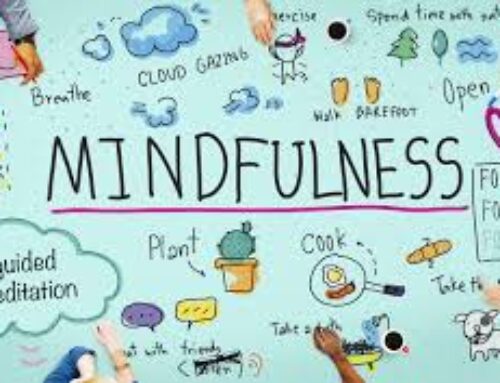
Just like your car needs regular tune-ups to keep it running smoothly, your mental health also needs periodic check-ins. Life can get busy, and it’s easy to miss the signs that you’re running low on emotional fuel or veering off course. A mental health tune-up gives you a chance to pause, reflect, and realign with what helps you feel grounded, supported, and purposeful.
This self-check focuses on five key areas: self-talk, connection and support, stress and conflict management, sense of purpose, and everyday habits. Below, you’ll find reflection questions and practical tips for each. If your answers raise some red flags, it might be time to reach out to a mental health professional for extra support.

When Should You Talk to a Therapist?
If you’re unsure whether professional support is necessary, these signs can help guide your decision:
-
You feel stuck in negative thinking or emotional patterns.
-
You’re overwhelmed more days than not.
-
You’re withdrawing from people or activities you once enjoyed.
-
You feel like you’re “just getting through” every day without joy.
-
You’ve tried self-help strategies but don’t feel any better.
Therapy isn’t just for crises—it’s a proactive, empowering step toward emotional balance and clarity. Think of this mental health tune-up as your personal check-in dashboard. Just as you wouldn’t wait for your engine to fail before getting maintenance, don’t wait for burnout to care for your emotional well-being. A few intentional shifts in how you think, connect, cope, and live each day can make a lasting difference.
And if it feels like too much to handle alone? That’s okay. Reaching out is a strength, not a weakness.
Information for article taken from Psychology Today August 2025 Mental Health Tune-Ups by PT Contributors

Stephanie Phillips is a Licensed Clinical Mental Health Counselor Supervisor and Owner of The Mindly Group.









